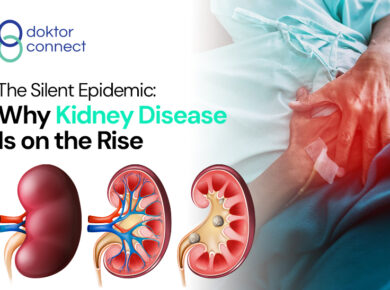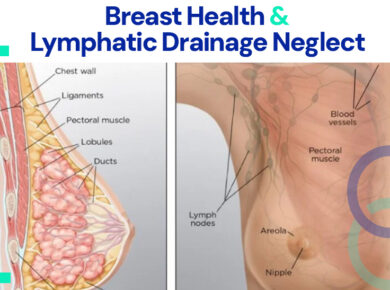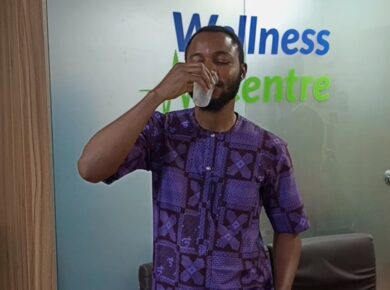Millions of people experience sadness or depression at some point in their lives. However, recognizing the difference between a diagnosis of depression and the emotion of sadness is important.
We all feel sad when bad things happen. For example, the loss of a loved one, a breakup, or just a bad day can cause sadness. Depression can be debilitating and require additional support. A major depressive disorder lasts for at least two weeks. It affects a person’s ability to work, carry out daily activities, and impact personal relationships.
Sadness is an emotion. Depression is a mental illness
Sadness is an emotion and a part of what makes us human everyone knows how it feels. Experiencing sadness might even help work through difficult experiences in life, such as rejection, a breakup, or disappointment.
Depression, on the other hand, is a mental illness. It shows itself in many different depressive symptoms for at least two weeks. The things that once brought you joy or cheered you up don’t help anymore. You feel constantly exhausted and at a loss of motivation.
Sadness is brief. Depression persists much longer.
Emotions are momentary conscious experiences. They fade with time. Even during a sad period, there are moments in your day when you feel ok. You can laugh, enjoy your favorite song, or the presence of a friend. Sadness fades with time – that’s its job.
Depression lasts longer, however, without proper attention: It persists for most of your day for at least two weeks, to be exact. “Snapping out of it” is not an option. All the symptoms appear to be constant, although they might be worse during the morning. Nonetheless, it can define your entire day. It seems unthinkable that you will ever feel better again.
Sadness is a specific reaction. Depression is an abnormal general state.
Sadness usually is a reaction to something, for instance, a painful event could be caused by a particular experience that is normal and healthy, nonetheless often unpleasant, emotion. But Depression often occurs without any apparent reason.
Maybe life seems like it should be fine. Symptoms don’t only occur when thinking of a certain event or person. They are present in nearly every situation. concentration might be lower, also they have a negative view of the future, and they possibly feel unreasonably guilty or suffer from a helpless feeling of being out of control.
Sadness temporarily changes your mood. Depression changes your life.
During a sad day or week your mood changes. Your mind might be preoccupied you may find yourself falling back into sad thoughts. However, you can still go about your day normally. When you are clinically depressed, however, your daily life becomes difficult to endure.
Your life has changed. Maybe your friends are noticing it too. You might be having a harder time falling or staying asleep. Maybe your appetite or your sex drive has gone down. They might be experiencing lower self-esteem, Lost interest and joy in their favorite activities, and constantly feeling weary and without energy.
Sadness is subjective. Depression is diagnosed.
It is up to you to say that you are sad. No one can deny that you are sad, it is something you experience subjectively and independently. Depression, on the other hand, has set criteria and requires an official diagnosis. Consequently, a depression test is necessary.
Summary :
Sadness is an emotion that everyone experiences, often after stressful or upsetting life events. Depression is an overpowering and ongoing mental health disorder that can drastically impact daily living. If you, family members or friends experience any of these symptoms, they should speak to a doctor.





